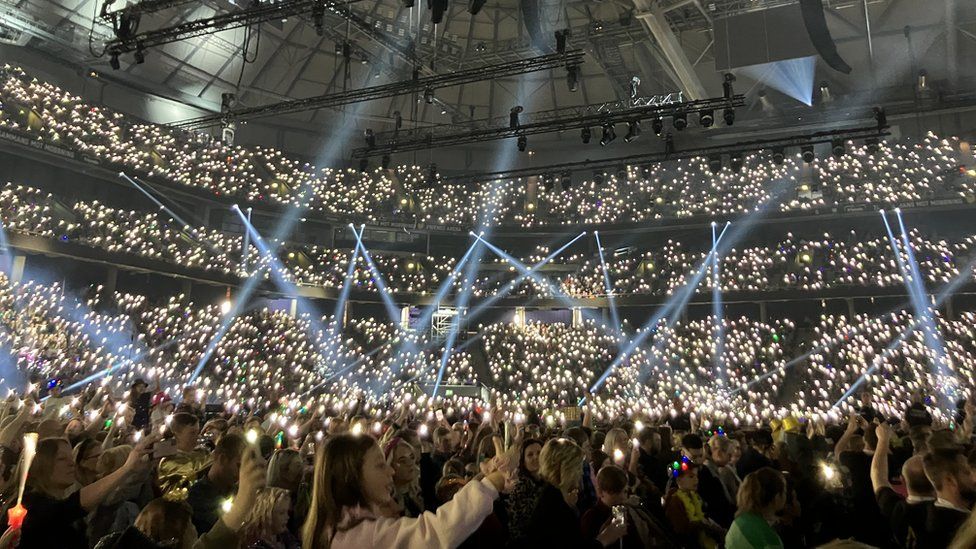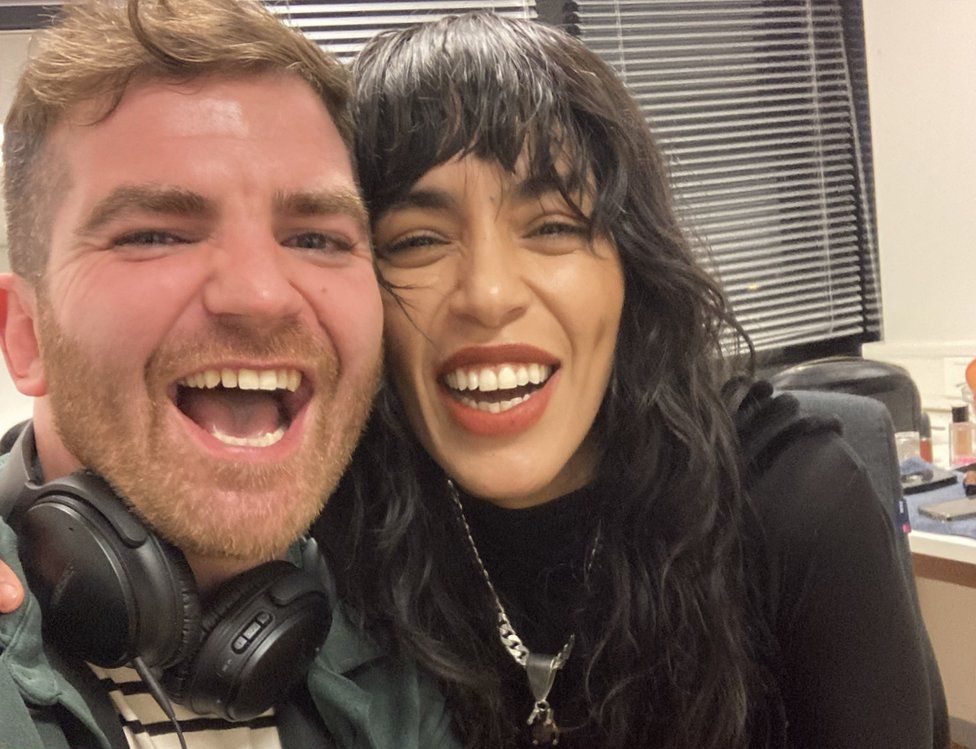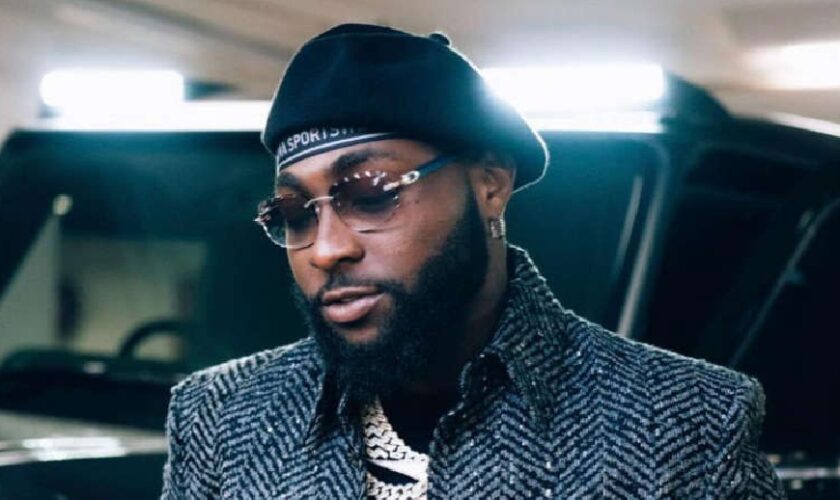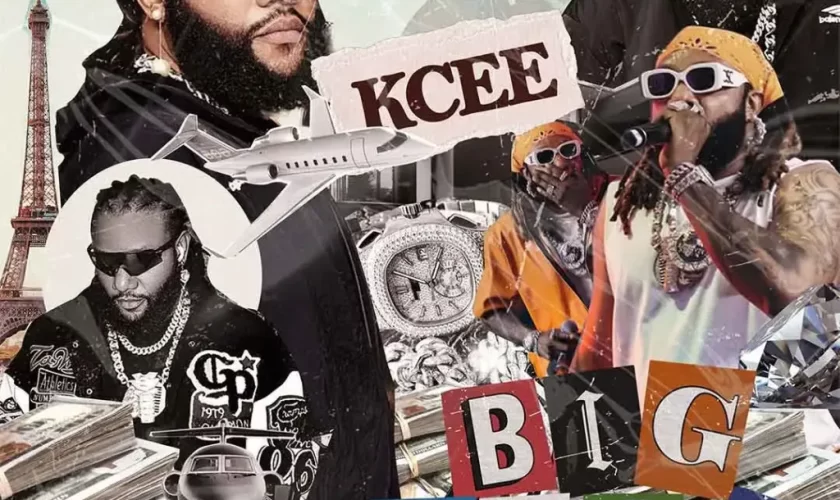Sweden’s Loreen was always the one to beat, and her team knew it too.
She had something none of the other contestants competing on Saturday’s Eurovision grand final had – the experience of winning it before.
The 39-year-old from Stockholm took the title with her banger Euphoria in Baku, Azerbaijan, in 2012. Now, with Tattoo, and 583 points, she becomes the first woman to win it twice.
It’s an experience she said was “overwhelming” as she accepted the glass microphone and took to the stage in Liverpool to repeat her winning performance.
In November 2022, at a gig in Amsterdam where lots of previous Eurovision contestants were performing, Loreen closed the show.
Rumours were circulating she was going to try to enter Eurovision again. And there is no barrier to competing more than once in this contest.
Backstage after the show in her dressing room I cheekily asked if they were true? “Darling,” was all she said.
A few weeks later it was confirmed Loreen would be participating in Melodifestivalen – the TV selection show to pick Sweden’s participant for the song contest in Stockholm.
It runs for six weeks and has become a must-watch event for Eurovision fans around the world – with viewing parties in different cities.

After one such party at the Swedish church in north London in early March, fans piled into the upstairs of a pub around the corner and Eurovision hits were played.
Tattoo, Loreen’s Melodifestivalen entry came on, and people put down drinks to dance to it hard. Bear it mind, it hadn’t even won the Swedish selection by then.
But she is royalty in Eurovision world and fans were excited that she was trying again.
When the final rolled around on 11 March in Stockholm, and the BBC’s Eurovisioncast went to interview her, she picked up the conversation again with: “Darling…”.

“I didn’t think I’d do it ever again,” she said. “But then they sent me the song and I could just feel it was a good song, and then they popped the question.
The answer?
“Hell no.”
It took her team, which included the same songwriter and producers of Euphoria, around four weeks to change her mind and convince her to go for the double gold in Liverpool.
Sweden and Finland picked their acts on the same night – the last two countries to confirm their participants in this year’s contest.
Now Loreen was in the mix, the other contestants were excited.
The UK’s Mae Muller continuously refers to her as a “queen”, while other Eurovision artists openly said that she had it in the bag.
Meanwhile, Tattoo continued to notch up tens of millions of streams.
Pre-party events took place across Europe in the run-up to Liverpool and fans travelled to places like Madrid and London to see her perform her two Eurovision songs live.
Outside the venue in London, many fans had Swedish flags and said they were there specifically for Loreen.
It’s hard to encapsulate her cultural significance in the competition’s history but she generated a whole new generation of fans of the song contest after 2012 – including myself.
“I love this community,” Loreen said, as she posed for selfies. “I hope people feel how much I love them and care”.
Once rehearsals began in Liverpool and a full arena of 6,000 people packed into the venue for preview shows this week, it was fascinating to hear the crowd’s silence when she sang.
The audience was transfixed by her and nobody wanted to miss a moment.
She created a performance that looked visually stunning on-screen, captivating the 160 million watching at home with pyrotechnics, smoke machines, incredible staging and, most-importantly, stand-out vocals.
Sweden’s 2023 win puts it on par with Ireland as having the most victories in the competition with seven.
Next year, the competition will head to Scandinavia – some 50 years since Abba won in 1974 with Waterloo, catapulting them to international stardom.
My prediction for next year’s slogan for Eurovision could also be a personal message from me to this year’s contestants: “Thank you for the music.”




